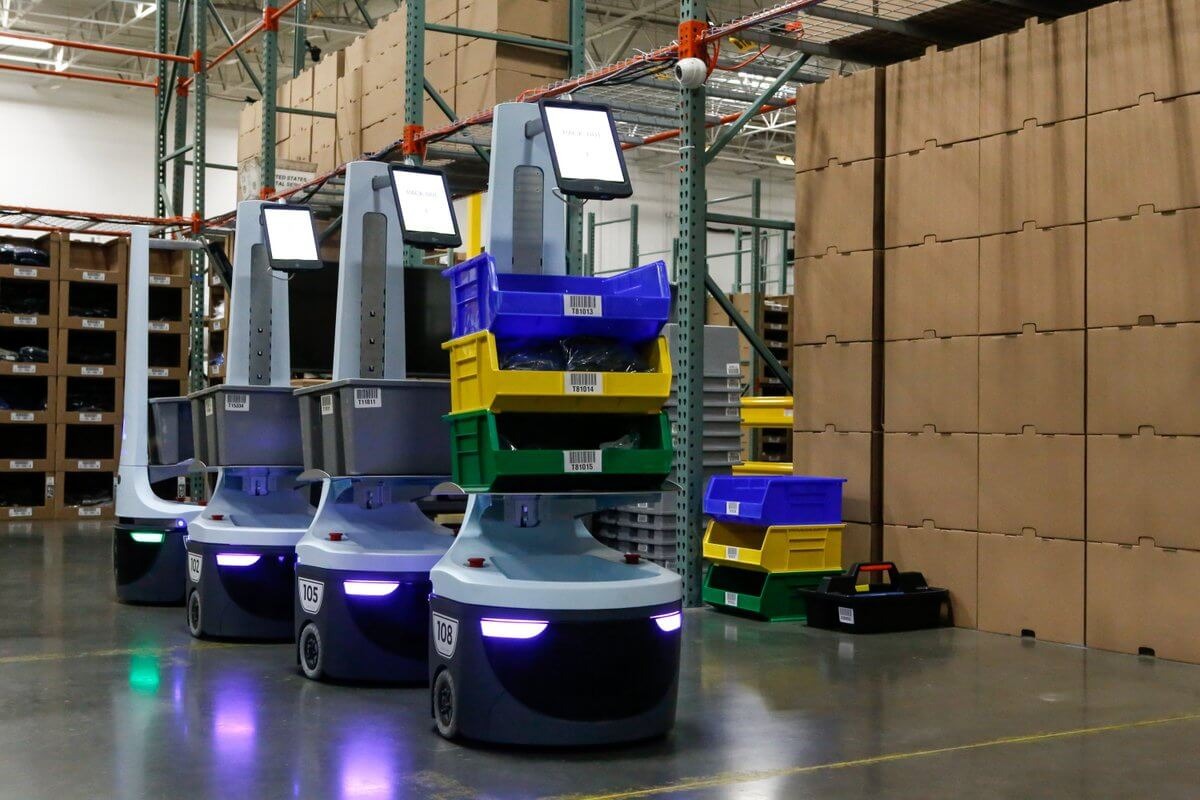People with Alzheimer's or other forms of dementia often experience behavioral and psychological changes, such as depression, aggression, and anxiety, in addition to reduced thinking ability and memory loss. These symptoms are often treated with psychotropic drugs, which can have unpleasant side effects. However, research has shown that pets can improve mood and have a positive effect on the psychological state of people with dementia.
At the University of Florida and the College of Nursing, Christine E. Lynn, researchers decided to test whether interactive pet robots could replace real animals for therapy. They hired robotic cats for an experiment and organized 12 therapy sessions for older adults with mild to moderate dementia at an age-related day center.
The researchers assessed the mood and behavioral symptoms of the participants using various scales and found that robotic pet therapy resulted in improvements in all mood measures, with significant improvements in the Observed Emotion Scale and the Cornell Depression Inventory Scale. More than half of the participants scored better on the final Mini-Mental Health Test than the preliminary, with mild to moderate improvements in attention and computational ability, speech and perception.
Scientists often observed study participants smiling and talking to their robotic cats and expressing feelings such as "the cat is looking at me like someone who listens and loves me." Several relatives reported that a loved one with dementia slept with the cat, held it in their arms, or constantly played with it. One of the participants even slept with her robot cat when she was hospitalized.
By replacing therapeutic pets with robotic animals, you do not have to worry about the safety of pets and their owners. Having bought a robot cat that does not need care and attention, does not cause allergies, does not attack or rush under the feet of an elderly person, its owner solves many difficulties associated with keeping a live pet. At the same time, "communication" with her can positively affect the mood and even the mental abilities of the patient.
In the United States, one in three older adults will die of Alzheimer's or related dementia, and there is currently no cure for this rapidly spreading disease. This interactive pet therapy has proven to be a safe alternative way to improve mood and behavior in people with dementia attending an elderly day center.
Hire a robot pet for dementia therapy today and see the positive impact it can have on the mood and behavior of your loved one. Robot cats are available for purchase and can provide a safe and effective alternative to traditional pet-assisted therapy.


















